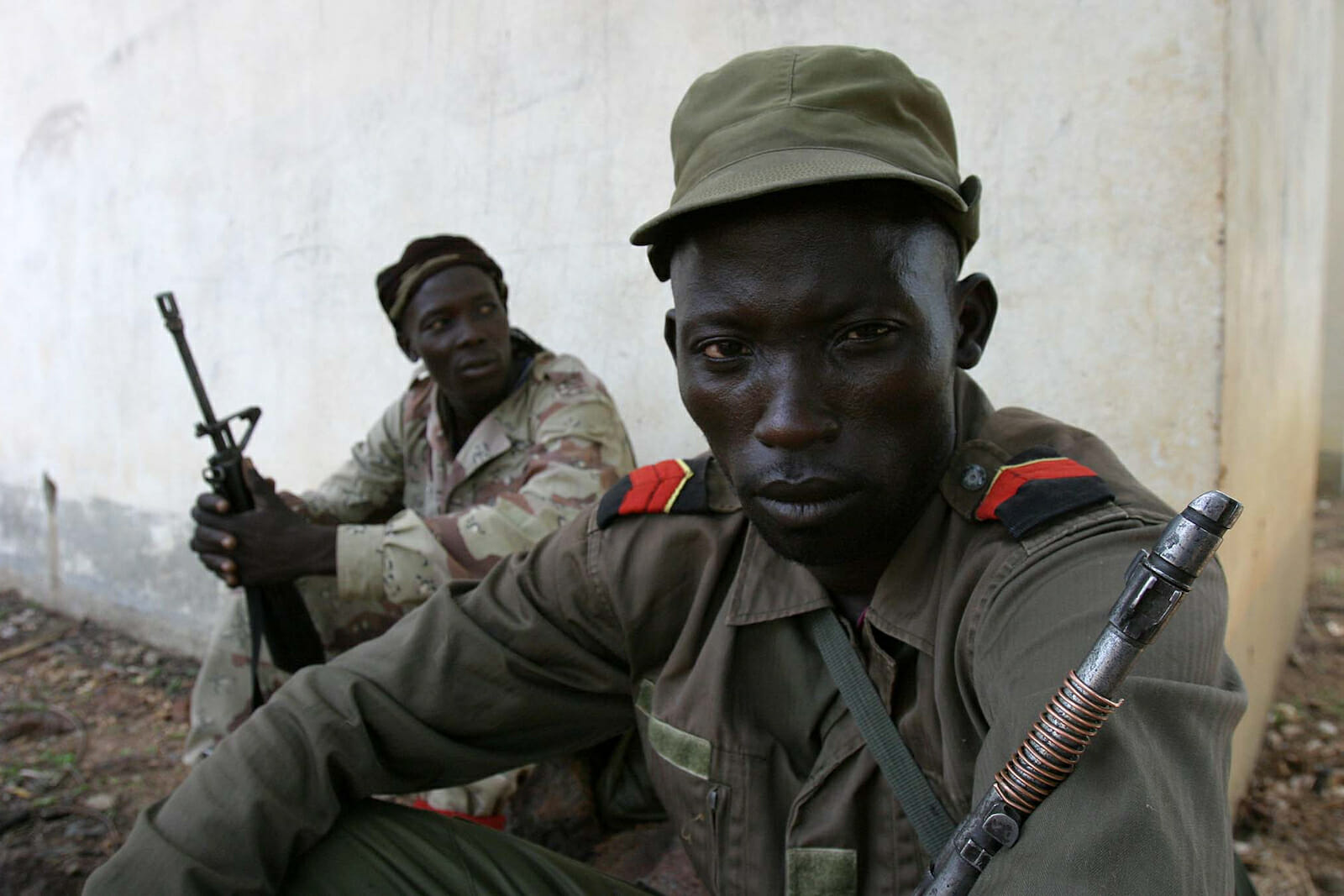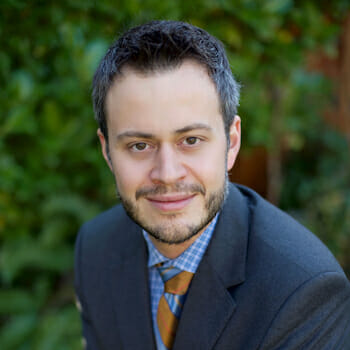
Genocide in the Central African Republic
Militants from the Central African Republic invaded the eastern Cameroonian village of Biti last month, attacking military installations, looting local shops, and further eroding hope that the CAR’s ongoing chaos can remain confined within its own borders. The chaos in the CAR has the potential to negatively impact its neighboring states further, especially given the region’s ongoing conflicts and instability. Last month UN and French officials warned of looming genocide in this poverty-stricken, landlocked nation. Can the international community prevent it from happening?
Nearly nine months ago Western-backed CAR President Bozizé fell to a loose coalition of rebels — Séléka (“Alliance”). Michel Djotodia, Séléka’s leader and the CAR’s subsequent self-declared president, announced its dissolution in September as a result accusations that the coalition committed widespread atrocities following the coup. Since then, violence has continued unabated: Sectarian clashes, executions, torture, conscription of child soldiers, and sexual violence have increased in recent months. While the national death toll is unknown because the rural areas remain too dangerous for international workers to access, approximately 10 percent of the population is now believed to be displaced, and nearly a fifth are food insecure.
In the CAR Christian and Muslim sects previously lived in relative harmony, but religious divisions have come to play a central role in the ongoing violence. Séléka is predominantly Muslim, in a country where 85 percent of the citizens do not practice Islam, so concerns about whether the new government will seek to impose Islamic law on the entire population have added to the tension between Séléka and non-Muslim citizens. Additionally, Séléka is seen by many of its domestic enemies as a proxy for Sudan, which has formed partnerships with numerous militant Islamist groups in the region.
Armed Christian groups — most notably the Anti-Balaka Militia — have emerged to counter Séléka, contributing to battles in which Christian and Muslim militants have waged attacks against civilians. The surge in sectarian violence has resulted in the death of dozens of Christians and Muslims, yet the CAR’s government has refused to acknowledge the problem. Djotodia has dismissed the violence as a series of clashes between ex-Séléka rebels and remnants of the former Bozizé government. In the meantime, the human toll continues to grow.
Throughout much of this year, the conflict in CAR has largely escaped the international community’s radar. However, the recent escalation in sectarian killing appears to have prompted the UN and several Western governments to shift attention toward CAR. Last month, UN Secretary-General Ban Ki-Moon ordered preparation for what may become a UN peacekeeping mission. The EU’s top humanitarian official declared that the CAR required four times more peacekeepers than are currently deployed to effectively stem the violence. Even if a UN Security Council resolution were to pass quickly, it will take months for any UN deployment to be put in place.
France, which has approximately 400 troops stationed at the airport in Bangui, has pledged to beef up its presence to more than 1,000 troops during this interim period. Last month the French military docked a warship with 350 troops in Cameroon, even though last year, and earlier this year, France refused to intervene in the CAR. According to Foreign Minister Fabius, by tripling France’s military presence in the CAR, France is acting in the interest of “preventing a tragic situation and supporting the people of” the CAR while enabling its former colony to “regain hope.” More mundane factors are also at play, however, as French demand for the CAR’s uranium is an issue, and French companies have significant stakes in the CAR’s economy. French politics are also in the mix, as the French government seeks to flex its ‘hard power’ muscles, which Monsieur Hollande has been more successful at than managing the French economy lately.
There is, of course, no guarantee that a stronger French military presence in the CAR will effectively prevent the sectarian violence from continuing to spiral out of control. Given that former-president Bozizé has organized political meetings in Paris that are aimed at restoring his ruling order in the CAR, suspicions of Hollande’s government intending to restore the ancien regime are could become more widely held, especially within ex-Séléka circles. If foreign intervention results in growing anti-French/anti-Western sentiment, the French military will be put to the test, as its troops will undoubtedly be targeted by militants who oppose the French presence. Given the CAR’s porous borders and neighboring countries undergoing their own armed conflicts, the ongoing flow of arms caches in and out of the CAR will embolden militants to continue to pursue their objectives by force.
A new political landscape has emerged, whereby distrust and hatred between Christians and Muslims is escalating, and instability is rising. In the midst of this growing state of anarchy and violence, and given that the Séléka leadership has not taken full control of Bangui and does not maintain control over many of the coalition’s militants, it is questionable how long the current government will last. The CAR may be host to the world’s next genocide, as well as being its latest failed state. Regrettably, nothing the UN or French may attempt to do is likely to make much of a difference.

